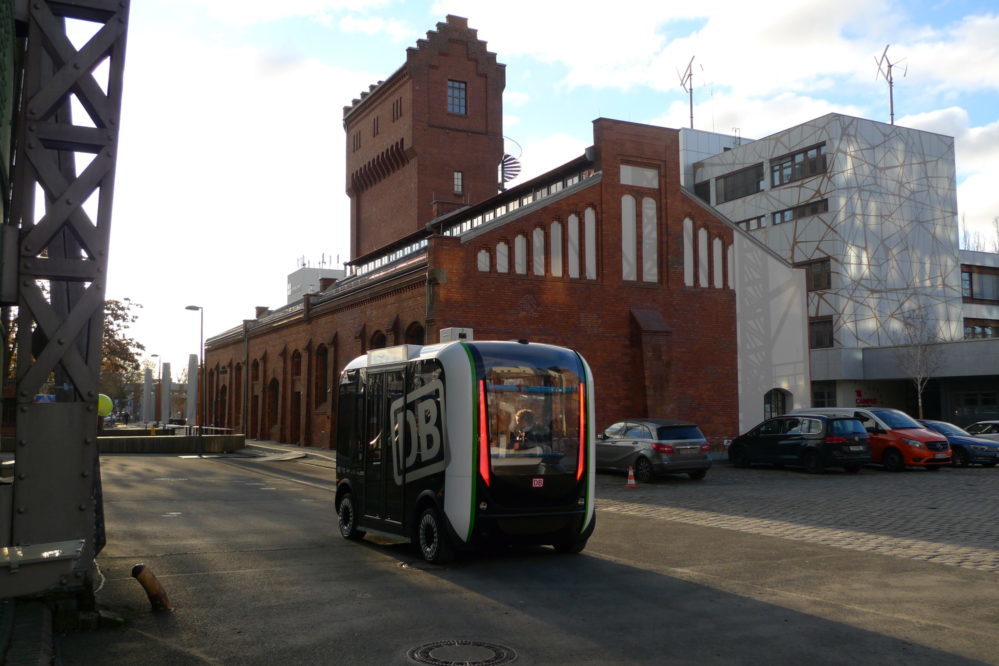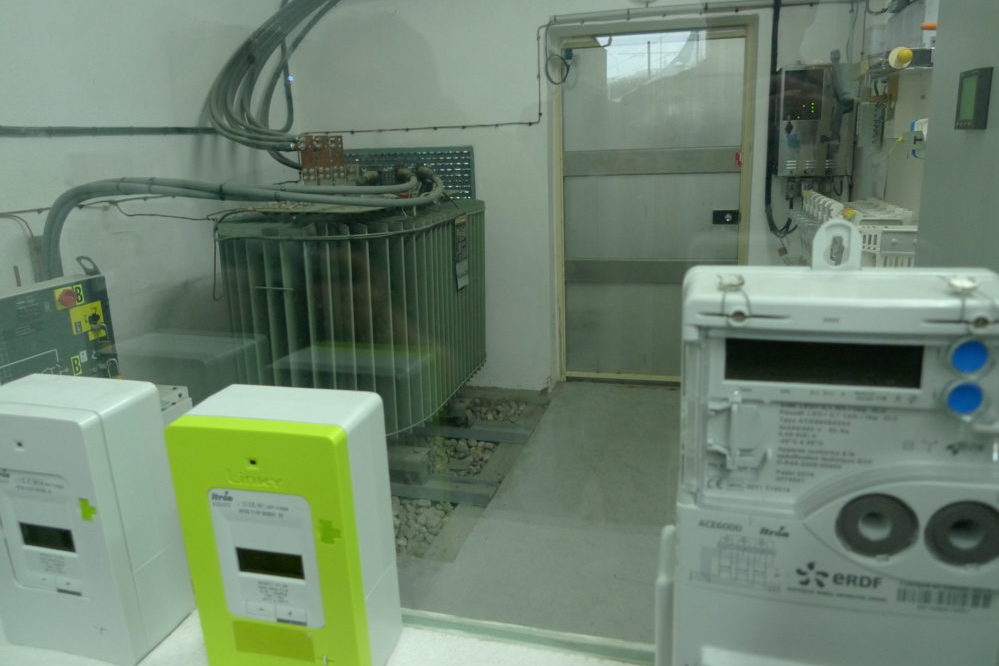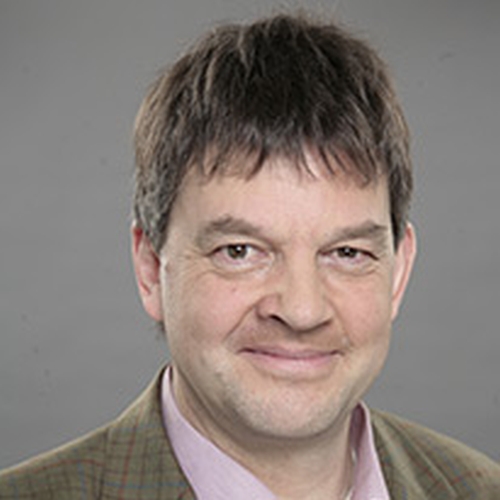Past Project
Over recent years the concept of ‘smart cities’ has rapidly gained attention in business, policy and academic circles. Whilst expectations of the smart city remain high, social scientists are increasingly questioning core assumptions underpinning ‘smart’ discourses. The KNOWING project sought to subject the claims and counter-claims surrounding the smart city debate to in-depth empirical analysis, studying the urban ‘knowledge politics’ involved in designing, applying and living urban experiments of digitally mediated practices in selected cities in five European countries: the Netherlands, France, Germany, Spain and the UK.
The three-year project (2017-2020) was funded within the international Open Research Area (ORA) programme, with funding for the German team provided by the German Research Foundation (DFG). The project involved teams from Utrecht University, the University of Freiburg, the University of Sheffield and Toulouse 1 University, alongside the Humboldt University of Berlin.
The research demonstrated the huge significance of exclusivity/inclusivity and contestation/ accommodation as determining factors behind the failure or success of strategies to advance digital urbanism. Whether relating to ‘smart’ visions, ‘smart’ processes or ‘smart’ outcomes, the willingness and ability to acknowledge and enrol the rich variety of projects promoting digital technology to understand the city better is paramount. This is important not only to harness the knowledge generated by existing projects, but also to recognize the knowledge politics at play in smart city discourses and practices. Knowledge production and use is inherently political and the smart city – for all its packaging in terms of technical innovation and efficiency gains – is no exception. On the contrary, our research revealed striking instances of political capture, blindness and resistance in attempts to render the city smart. This can help explain the disconnection frequently observed between city-level strategies and project-level enactments of the digitalized city.
Output
Becker, S. (2018a): Smart City. In: Belina, B., Naumann, M., Strüver, A. (eds.): Handbuch Kritische Stadtgeographie. 3. Aufl. Münster: Westfälisches Dampfboot, 179-183.
Becker, S. (2018b): Coding for the Common Good? Aktivitäten einer Open Data Initiative. In: Bauriedl, S., Strüver, A. (eds.): Smart City. Kritische Perspektiven auf die Digitalisierung in Städten. Bielefeld: Transkript, 249-260.
de Hoop, E., van Oers, L., Becker, S., Macrorie, R., Späth, P. (2019): Smart as a global vision? Exploring ‘smart’ in local district development projects. Architecture and Culture. 7:3, 437-455. DOI: 10.1080/20507828.2019.1637067.
Slobodova, O., Becker, S. (2020): Zooming into the ecosystem: agency and politics around Open Data Platforms in Lyon and Berlin. Frontiers in Sustainable Cities, Special Issue on Platform Urbanism. DOI: 10.3389/frsc.2020.00020.
Project Team
PIs: Prof. Rob Raven (Utrecht University – Coordinator), Eric Jolivet (University of Toulouse), Prof. Simon Marvin (Sheffield University), Prof. Timothy Moss (IRI THESys), Adrian Smith (University of Sussex), Philipp Späth (Freiburg University)
Research Associates: Dr. Sören Becker (IRI THESys), Anna Bond (University of Toulouse), Dr. Wouter Boon (Utrecht University), Emmanuel Eveno (University of Toulouse), Evelien de Hoop (Utrecht University), Emanuel Löffler (University of Freiburg / IRI THESys), Rachel Macrorie (Sheffield University), Laura van Oers (Utrecht University), Olga Slobodova (University of Toulouse), Mathieu Vidal (University of Toulouse)
Student Assistants: Friederike Voigt (IRI THESys)
Project Partners
Humboldt-Universität zu Berlin – Integrative Research Institute on Transformations of Human-Environment-Systems (IRI THESys)
Utrecht University – Copernicus Institute of Sustainable Development
University of Freiburg – Sustainability and Environmental Governance
Sheffield University – The Urban Institute
University of Sussex – Science Policy Research Unit
University of Toulouse – Toulouse School of Management






